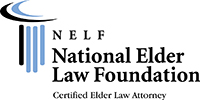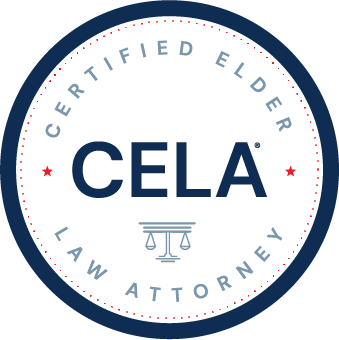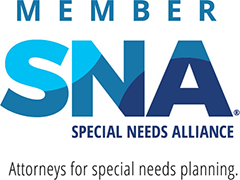by Bradley J. Frigon
When you can contest a will or trust? As discussed in other articles, a will or trust can be set aside due of issues of incapacity, undue influence, fraud, and problems with execution. This article will discuss other ways to try to "undo" actions that may have interfered with your inheritance.
Tortious Interference with an Inheritance Most people are familiar with the idea that the law protects property rights between people who enter into a contract. The right to perform the contract and the right to reap the benefits of the contract are property rights that the law protects. When a third party interferes with a contract, that person may be liable under tort law to the party who lost a benefit under a contract. The law also extends this protection to a person who would have received an inheritance. When a person is deprived of his inheritance, or another gift that he otherwise would have received, by a third party through fraud, duress or other tortious means, that can expose the third party to liability. This area of the law has been expanded to include not only inheritance, but all kinds of different expectancies. Different states have recognized interference with expectancies under a will or trust, with expected gifts, with the right to insurance proceeds and retirement plans, with title to property (like changing joint tenancy or payable on death designations), and with causing someone to make transfers while they were still alive. If a person can prevail with this kind of claim, she can seek as damages what she would have gotten without the interference and possible attorney fees and punitive damages as well. This claim arises when a third party has intentionally interfered with your ability to get an inheritance or other expectancy and has used tortious conduct, like fraud, deceit, duress, defamation, or undue influence to accomplish it.
Breach of Fiduciary Duty A person has a fiduciary duty if he or she has an obligation to act in the best interest of another person. For example, the trustee of a trust, the personal representative of an estate, and the agent under a power of attorney are all required by the law to act in the best interest of the person or entity they serve. The duty arises when the relationship between the fiduciary and the person he or she represents involves special trust, confidence and reliance. The fiduciary must actively accept this role. The requirements of a fiduciary are among the highest standards of conduct imposed by the law. If a person can show that there was a fiduciary relationship, and the fiduciary breached his or her duties, then the court will find that the benefit gained by the fiduciary should be returned to the principal. This can take several forms. The court can impose a constructive trust on property held by the fiduciary that should rightfully belong to the principal. This requires the fiduciary to hold the property safely until it can be returned to the principal. If the breach of duty was ongoing, or if the property is difficult to identify, the court may order an "account of profits." This means that all of the money made by the fiduciary while he or she abused his position will be given to the principal. Finally, a court may simply award an appropriate amount of compensation to the principal for his or her loss. If a trustee, personal representative or agent under a power of attorney has abused his or her position, courts can correct this violation of trust and return property or money to the estate of the principal.
There are, unfortunately, many ways for a person in a position of trust to abuse that trust. Sometimes it is intentional, sometimes it comes from a sense of entitlement, and sometimes it is accidental. Regardless of the cause, however, a fiduciary is required to act in the highest and best interest of the person or entity he or she serves. Similarly, when a person establishes his estate plan, both he and the beneficiaries of that plan have the right to expect the plan to move forward without interference. Whether from a breach of fiduciary duty or an interference with an inheritance, courts have the power to get involved and help set the situation right. If you have encountered such a situation, or want to make sure that you avoid one, please don't hesitate to give us a call.
Learn more
Learn more by browsing our Probate Litigation.
Call (720) 200-4025 now or email us to find out how our attorneys can help with your need to Contest a Will.












